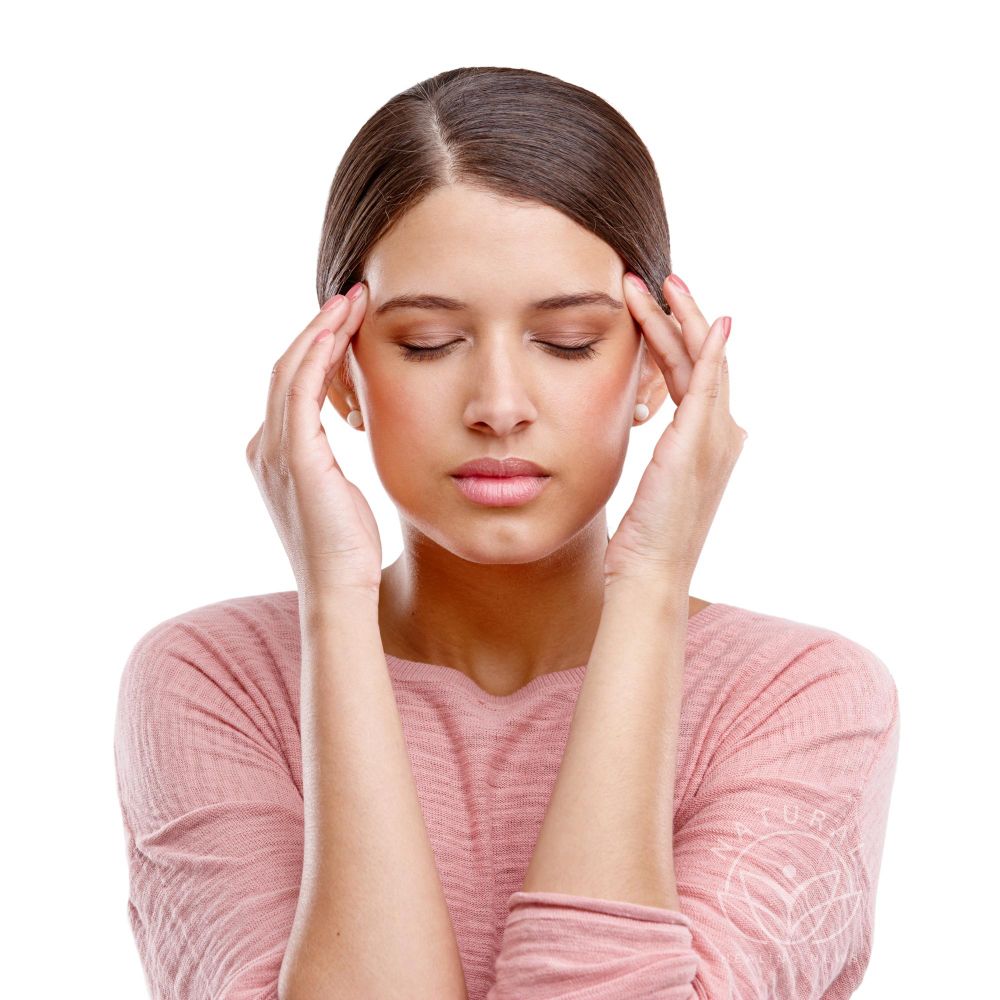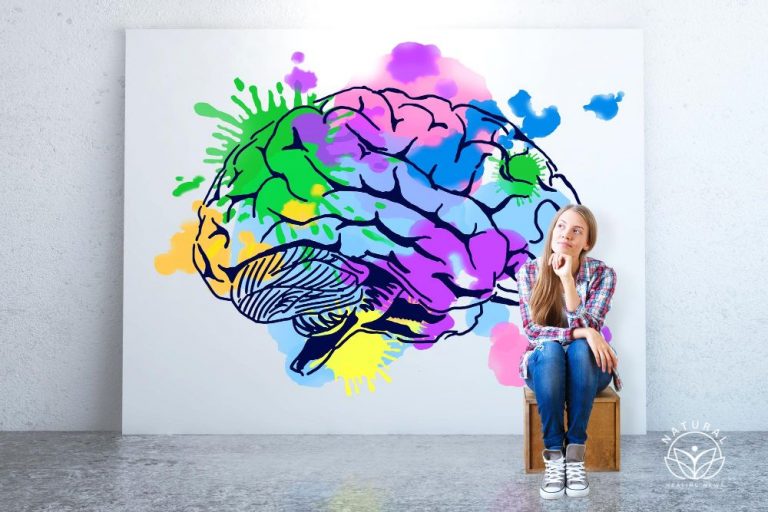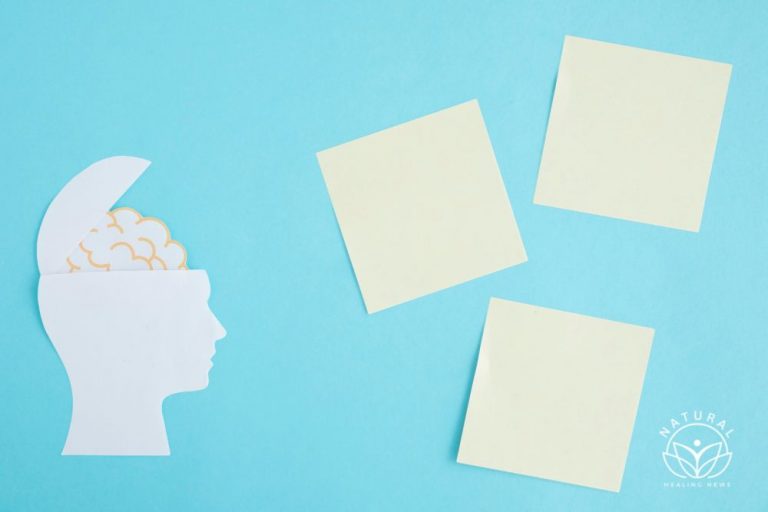Benefits of Medications for Mental Health

Sometimes, the topic of medications for mental health can be controversial. Mental health medications are seen differently by different people. While some people think they are necessary for treating mental illness, others think they are overprescribed and may have undesirable effects. What is the truth, then? Do medications for mental illness work? They’re dangerous, too. In this article, we will examine the benefits of medications for mental health.
Being physically well is important, but so is being mentally healthy. Knowing that there are several types of mental health therapies accessible and that they are effective may be energizing for people who are struggling with mental health illnesses.
People with mental health illnesses can operate effectively in relationships, at home, and outside of it all if they receive the right kind of therapy. Some people might think that they should attempt to tackle their mental health issues independently, but this isn’t always the case. The greatest course of action for getting healthier is frequently to seek professional assistance.
It is important to keep in mind that medications cannot treat mental health issues. These can lessen the impact of your mental illness symptoms on you, but if you stop taking them, your symptoms might return. Before discontinuing taking any medicine, it’s vital to discuss any concerns you have with your doctor or therapist because stopping medication abruptly can have unpleasant side effects.
Types of Medication for Mental Health
There are six primary types of medications for mental health:
- Antidepressants: These medications are prescribed to treat certain types of personality disorders, anxiety, and depression.
- Antipsychotics: These are medicines that assist your brain’s chemical balance and are used to treat schizophrenia and occasionally bipolar disorder.
- Mood Stabilizers: They are frequently used to treat bipolar illness in patients.
- Depressants: These are medications that aid in calming down or maintaining calm.
- Anxiolytics: They are frequently prescribed for anxiety disorders
- Stimulants: People use stimulants in order to treat attention deficit hyperactivity disorder (ADHD).
Benefits of Medications for Mental Health
Not everyone should take medication. Yet, the effects can be significant for some individuals who suffer from anxiety, sadness, and other mental problems. Mental illness can often be effectively treated with mental health medications. They can aid in symptom relief and help patients perform better in day-to-day activities.
The majority of drugs may be taken from the comfort of your home with little to no disturbance to your daily routine. They are also convenient, inexpensive, and simply prescribed by a psychiatrist. The following are only a few benefits of medications for mental health:
Reduction of Symptoms
The signs of mental illness can be relieved with medications. Antidepressants, for instance, can aid in reducing depressive symptoms like melancholy, exhaustion, and appetite problems.
Better Functioning
Moreover, medication can help someone with mental illness perform better. Antipsychotic drugs, for instance, can improve daily functioning and thinking clarity in patients with schizophrenia.
Improved Standard of Living
Also, taking medication can improve one’s quality of life. Those with depression who take antidepressants, for instance, could discover that their relationships get better, they can go back to work or school, and they feel happier all around.
Safe
In order to be regarded as safe, medications have undergone testing and study. The degree of adverse effects at the therapeutic (recommended) dose, as well as whether or not the antidepressant has any risky interactions with other medications or substances, all play a role in how safe the medicine is when used in excess.
Final Words
Although they don’t always work, medications are helpful in the treatment of mental health. The side effects of various drugs for mental health are also possible. Talk therapy, alterations to one’s lifestyle, and alternative therapies like TMS, MeRT, and photo biomodulation are all examples of non-drug treatments for mental health. Talk to your doctor about all of your treatment choices if you’re exhibiting signs of a mental health condition.
For more health related blogs and news, Read at Natural Healing Health News.






